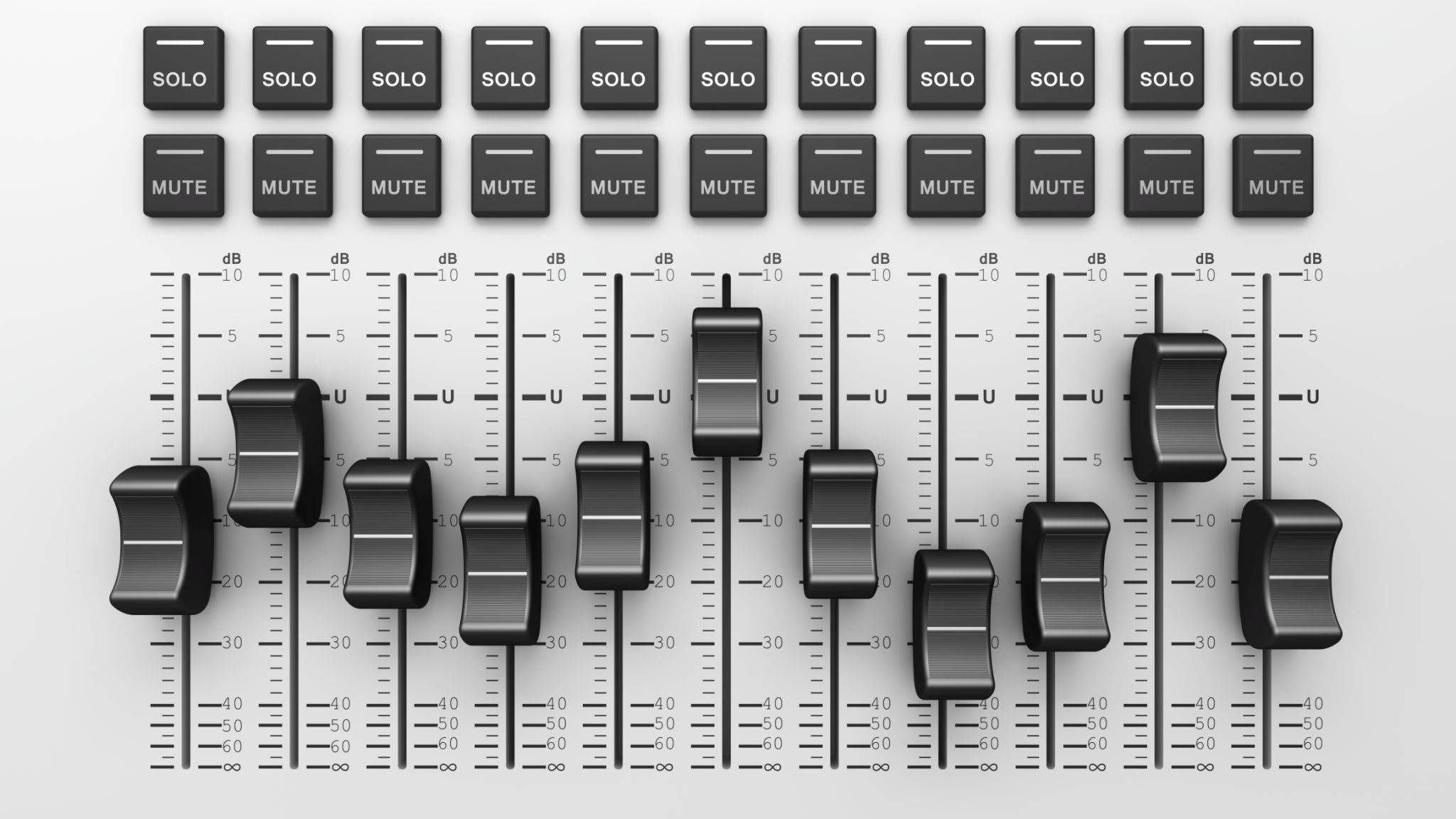The Ultimate Guide to Music Production for Beginners
Getting Started with Music Production
Diving into the world of music production can be both exciting and overwhelming for beginners. With the right guidance and tools, you can transform your musical ideas into polished tracks. This guide will walk you through the essential steps to kickstart your journey in music production.

Understanding Digital Audio Workstations (DAWs)
The first step in music production is selecting a Digital Audio Workstation (DAW). A DAW is software that allows you to record, edit, and produce music on your computer. Some popular DAWs include Ableton Live, FL Studio, and Logic Pro. Each has its own unique features, so it's important to choose one that fits your style and workflow.
Beginners often find it helpful to start with a DAW that offers user-friendly interfaces and comprehensive tutorials. Investing time in learning your chosen DAW's functionalities will significantly impact your productivity and creativity.
Essential Equipment for Beginners
While you can start producing music with just a computer and DAW, certain equipment can enhance your production quality. Here are some essential tools:
- Audio Interface: Enhances the sound quality and reduces latency.
- MIDI Keyboard: Allows you to play and record melodies effortlessly.
- Studio Monitors: Provide accurate sound reproduction for better mixing decisions.
- Headphones: Useful for critical listening and working in untreated rooms.

Exploring Sound Design and Synthesis
Sound design is an integral part of music production. It involves creating unique sounds using synthesizers and samplers. Understanding the basics of synthesis can help you craft original sounds and give your tracks a distinctive edge. Start by experimenting with different waveforms, filters, and modulation techniques.
Many DAWs come with built-in synths and effects that are perfect for beginners. Additionally, there are numerous free and paid plugins available that can expand your sound palette.
The Art of Mixing and Mastering
Mixing is the process of blending individual tracks to achieve a balanced and cohesive sound. It involves adjusting levels, panning, equalization, and adding effects like reverb and delay. Mastering is the final step, where you prepare the track for release by enhancing its overall loudness and clarity.

As a beginner, focus on learning basic mixing techniques such as balancing levels and applying EQ. As you gain more experience, you can delve into more advanced techniques like dynamic processing and stereo imaging.
Utilizing Online Resources and Communities
The internet is a treasure trove of resources for learning music production. From tutorials on YouTube to online courses, there are countless ways to improve your skills. Joining online communities and forums can also provide valuable feedback and support from fellow musicians.
Remember, practice is key in mastering music production. Consistently working on projects and experimenting with different styles will help you develop your unique sound.
Final Thoughts
Embarking on your music production journey requires patience, dedication, and creativity. By familiarizing yourself with the tools and techniques outlined in this guide, you'll be well-equipped to create music that resonates with your audience. Keep exploring, learning, and most importantly, have fun with the process!

